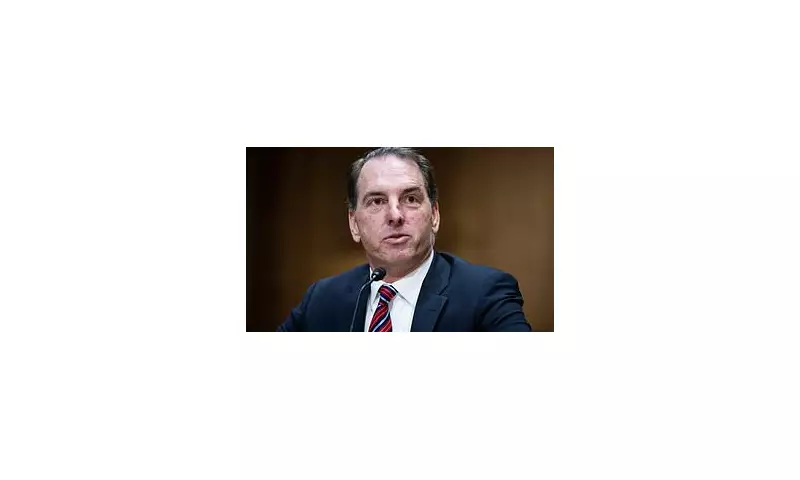
In a stunning exposé that pulls back the curtain on the inner workings of Washington, Michael Faulkender, a senior Treasury official under President Donald Trump, has revealed systematic obstruction from within the federal bureaucracy aimed at thwarting the President's agenda.
Faulkender's forthcoming memoir, 'Behind the Scenes: My Battle Against the Deep State', delivers a firsthand account of what he describes as deliberate sabotage by career officials resistant to Trump's policies. The book promises to be one of the most revealing insider accounts of the Trump presidency to date.
The 'Resistance' From Within
Faulkender, who served as Assistant Secretary for Economic Policy, details how non-political, career staffers employed delaying tactics, leaked sensitive information to the press, and outright refused to implement directives from Trump-appointed officials.
He describes a culture where loyalty to the institution often overrode loyalty to the democratically elected administration, creating what he terms a "shadow government" operating against the President's wishes.
Key Revelations and Bureaucratic Hurdles
The memoir outlines specific instances where Faulkender believes the 'deep state' actively worked against American interests:
- Delayed Economic Initiatives: Critical economic relief measures during the COVID-19 pandemic were allegedly slowed by procedural obstacles.
- Strategic Leaks: Sensitive policy discussions were frequently leaked to media outlets to shape public opinion against Trump's agenda.
- Regulatory Sabotage: Career officials inserted loopholes and complexities into regulations to undermine their intent.
A Call for Systemic Reform
Beyond the revelations, Faulkender's book serves as a stark warning about the power of the permanent bureaucracy. He argues for significant reforms to ensure future administrations can implement the policies they were elected to pursue, suggesting measures to increase accountability and streamline the removal of obstructive officials.
The memoir is expected to fuel ongoing debates about the balance between experienced governance and political accountability, solidifying Faulkender's role as a key voice in discussing the modern administrative state.





